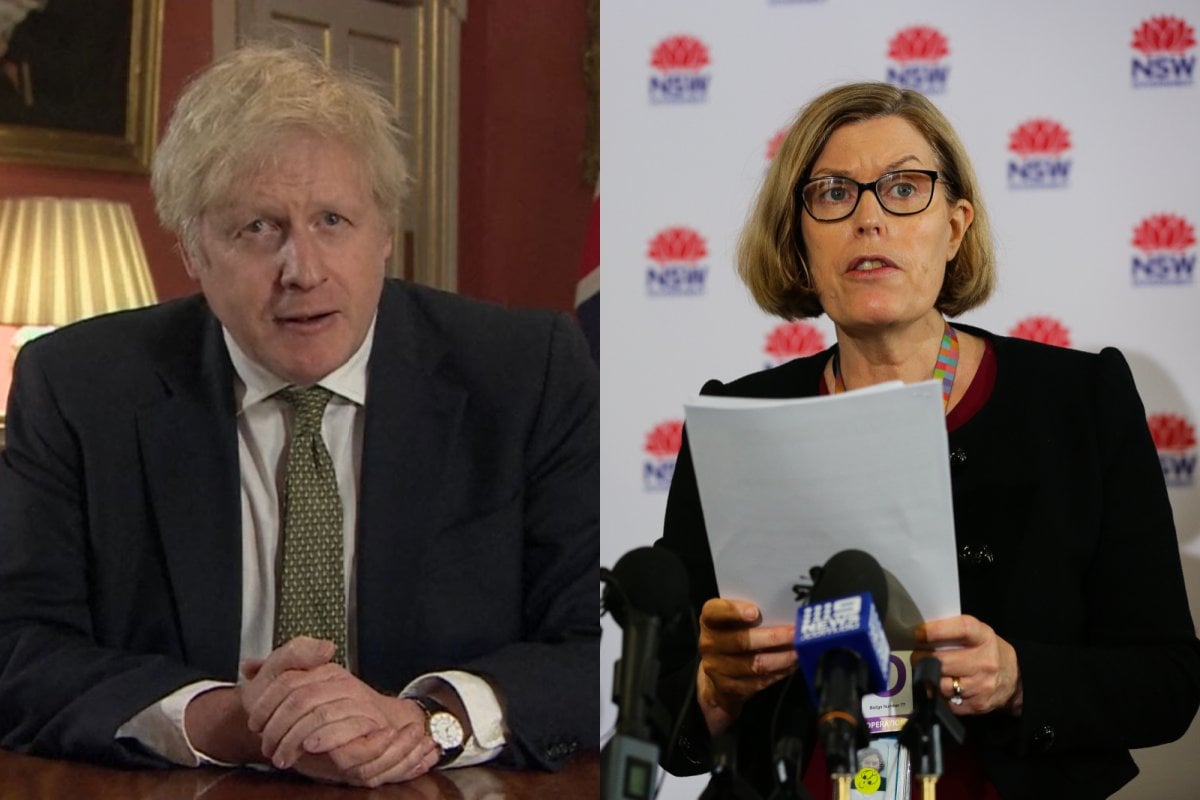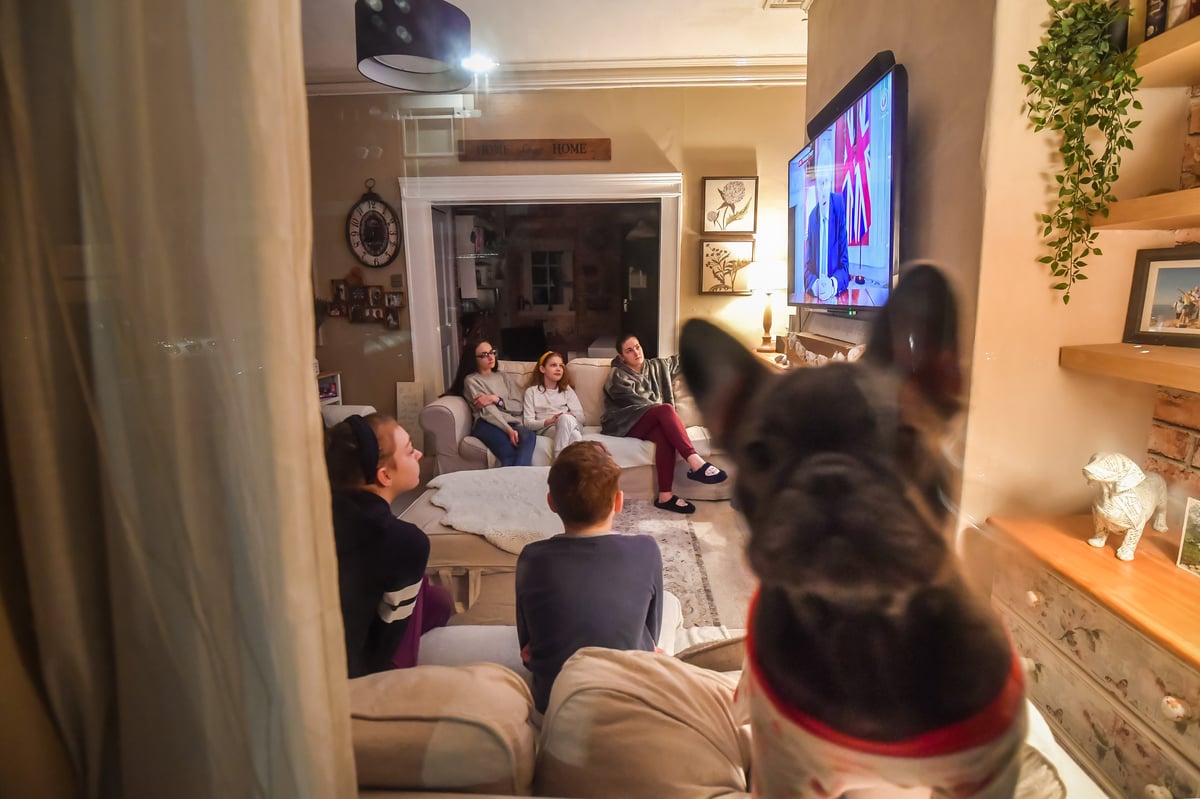
NSW records 4 new locally acquired cases.
NSW has recorded four locally acquired cases of COVID-19 in the 24 hours to 8pm Monday, from 26,000 tests.
Three are connected to the Berala cluster and one if a household contact of the Croydon cluster, acting premier John Barilaro said.
NSW recorded four new locally acquired cases of COVID-19 in the 24 hours to 8pm last night. Two of these cases, linked to the Berala cluster, were first reported yesterday morning, but are included in today’s numbers. pic.twitter.com/DPMTeyuCEY
— NSW Health (@NSWHealth) January 5, 2021
Barilaro said one case was of particular concern to authorities: An 18-year-old man from Berala who travelled to Orange, Nyngan and then Broken Hill for a camping trip.


Top Comments